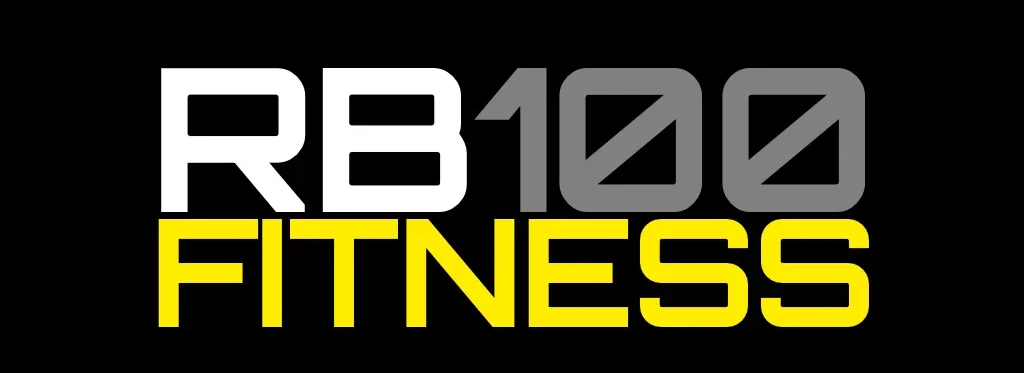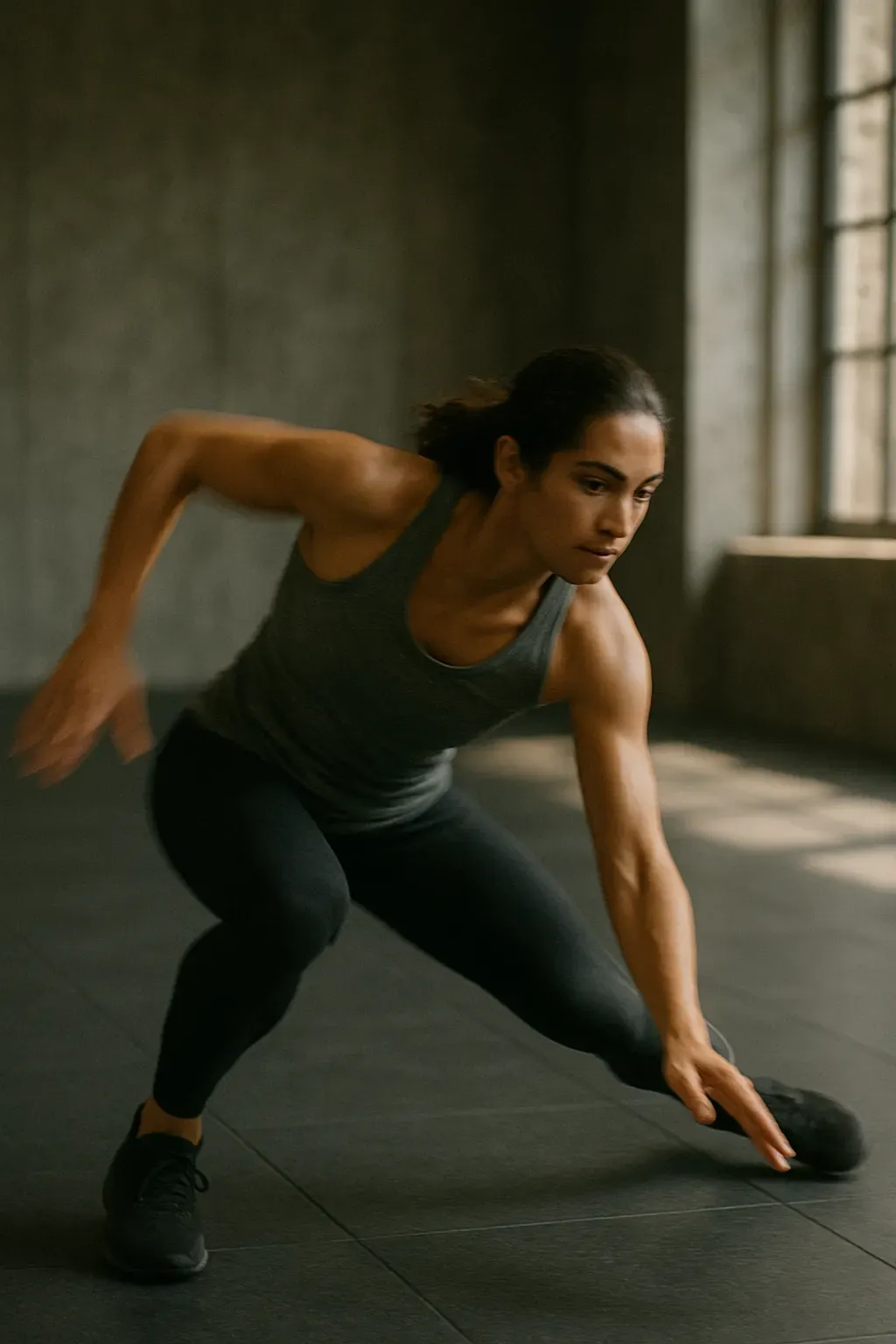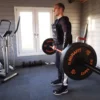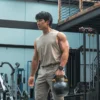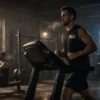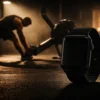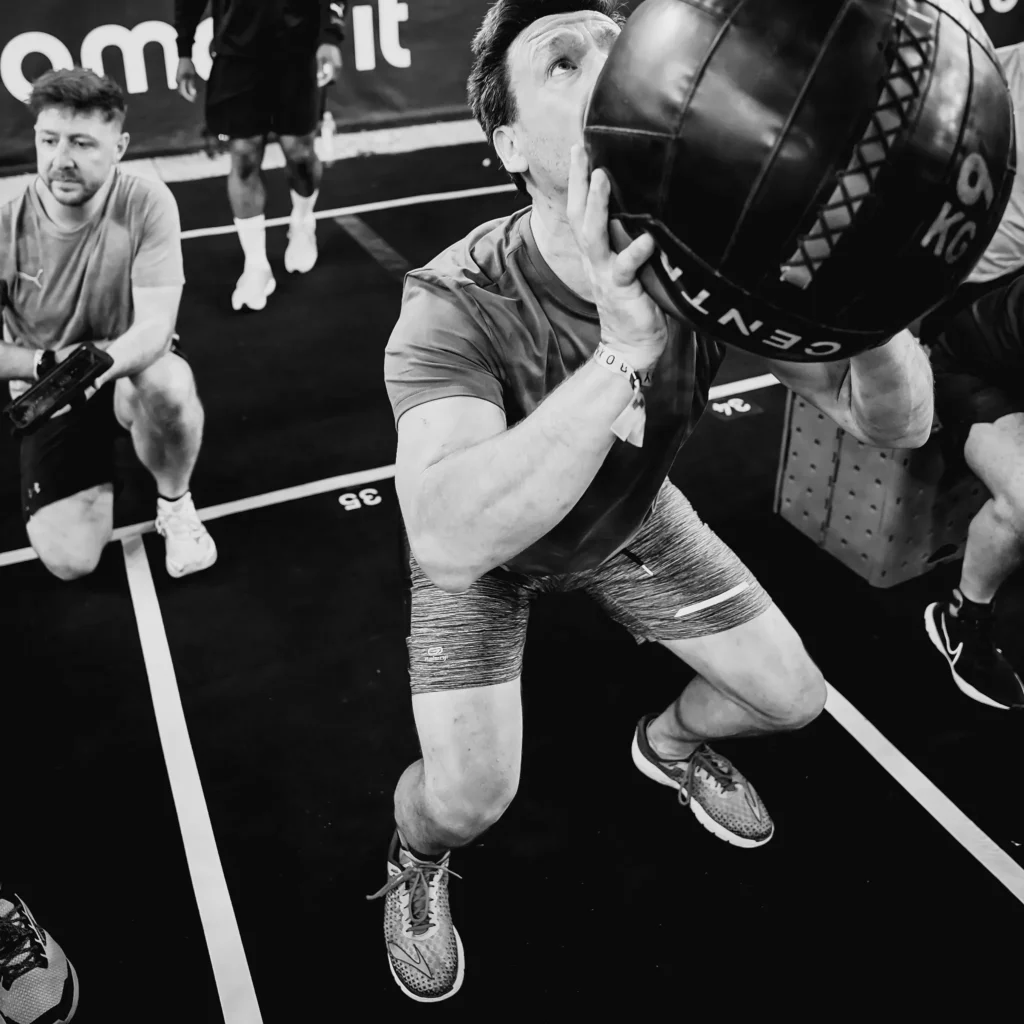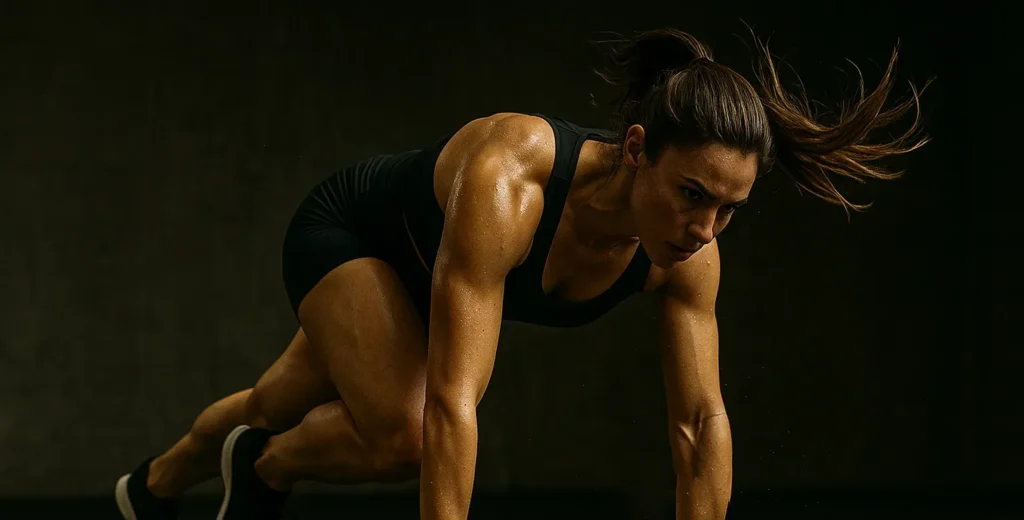When we talk about strength, we often picture something unmovable a weightlifter bracing under the bar, a plank held to the point of trembling, a stillness that refuses to yield.
But the longer I’ve trained and taught, the clearer it’s become: real strength isn’t about resisting change. It’s about adapting to it.
Muscles grow when they’re challenged to do something new. Minds grow when they face uncertainty. The body and brain are built to evolve if we let them.
In my early training kung fu, wrestling, and later yoga adaptability wasn’t always encouraged. Systems were fixed; routines were sacred. But life doesn’t work that way. Nothing stays static. Bodies age, environments shift, priorities change. A rigid system might make you strong for a moment, but adaptability makes you strong for a lifetime.
When I opened the Freestyle Yoga Project, I stopped asking, “What’s the right way to move?” and started asking, “What else is possible?” That single question changed everything.
“Adaptability isn’t compromise. It’s evolution.” — Mark Freeth, RB100.Fitness
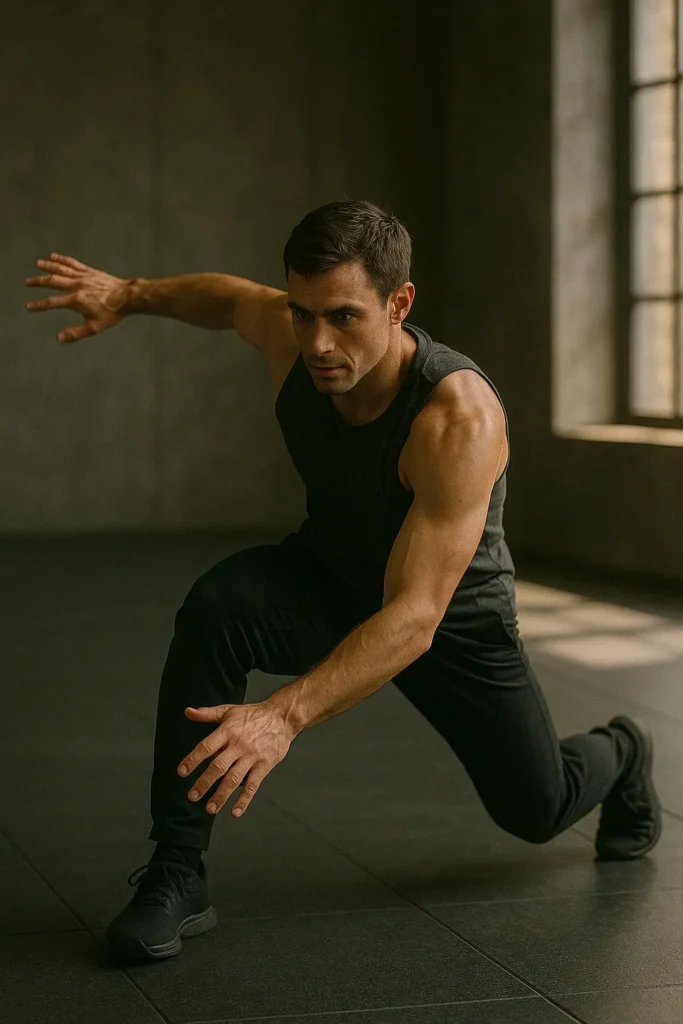
Adaptability is what allows a martial artist to recover mid-fall, a dancer to find balance in chaos, or an athlete to adjust under fatigue. It’s not just a skill it’s intelligence made physical.
To train adaptability, you have to create uncertainty on purpose. Change the tempo of your lifts. Reverse a sequence. Balance on an unfamiliar surface. Move blindfolded for a minute and feel your stability respond. This is what I call “alive training” a dialogue, not a monologue, between you and your environment.
At RB100.Fitness, adaptability is a core expression of Relentless Bravery. It takes courage to let go of mastery long enough to stay curious. To risk losing control in order to gain awareness. To evolve, rather than repeat.
The athletes who endure in fitness, in life aren’t the strongest or fastest. They’re the ones who keep learning, adjusting, adapting.
Because the truth is simple:
If you can adapt, you can survive.
If you can adapt well, you can thrive.
Internal Links
- Explore RB100 Challenges — test your adaptability in motion.
- Revisit Discipline Without Dogma — Mark’s guide to staying consistent without rigidity.
- Learn more in Habits, Tech & Mindset.
External Links
- Freestyle Movement Project — where adaptability is a way of moving and thinking.
- Functionalyoga.uk — bridging modern strength with mindful mobility.
- Mensfitness.co.uk — for insights on athletic adaptability and training under pressure.
